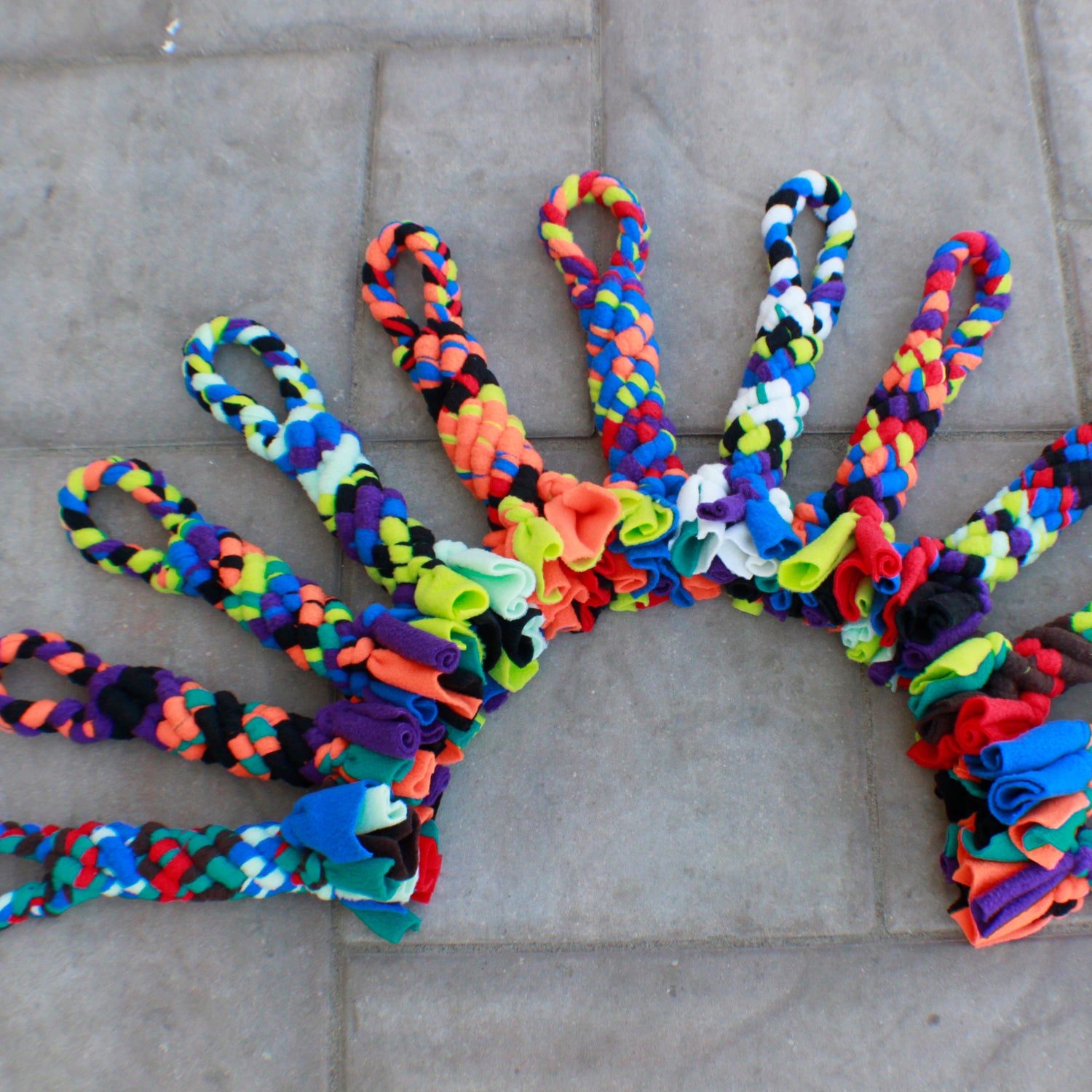Today, May 3rd is National Specially-Abled Pets Day which shines a spotlight on pets with disabilities!
This day is set aside to help educate others about caring for disabled pets and encourages animal lovers to consider choosing a disabled fur baby with looking to adopt.

Before you adopt a pet with special needs, consider the time, energy, and financial needs. Disabled pets sure are cute, but can require extra care. Here are five things to think about before bringing that special furiend home:
1. Get lots of advice before you adopt.
If you fall prey to the desire, you should know that you’re not alone. You’ll find plenty of allies if you seek them out: veterinarians, trainers, behaviorists and rescue personnel to name just a few. They’ll usually be your best resources for helping you decide whether a pet with A, B or C issue, disease or disability is a good fit for your home.
2. Research your prospective needy pet’s specific issues.
As owner, caretaker and buddy to a pet with complex needs, you’ll have a lot on your plate. But it’ll be much easier — and you’ll be far more effective — if you can get up to speed on the disorder or disability you’ll confront and what your charge will require.
3. Examine your finances.
No pet is inexpensive, but some special needs pets require far more financial resources than others. What’s worse, the problem your prospective pet currently suffers is unlikely to be covered by an insurance policy. Though I’d still recommend pet health insurance to help mitigate future financial hurdles, recognize that preexisting problems are typically excluded for new policyholders.
Here’s where my first point will come in handy: Ask your peeps how much they tend to spend on care dedicated to your intended’s issues. Tally them up. (Don’t forget the food!) Make sure you can handle them.
4. Consider how much time and energy you'll have to dedicate.
Some pets’ problems can be super time consuming. Just imagine, for instance, how much time it takes to deal with dogs who cannot be trained to urinate and defecate in appropriate places. Diapering pets while indoors is more of a chore than you might think!
5. Determine if you are physically up to the task.
Some pets — dogs especially, of course — can be physically demanding. Be honest with yourself in what you truly can and cannot do.


